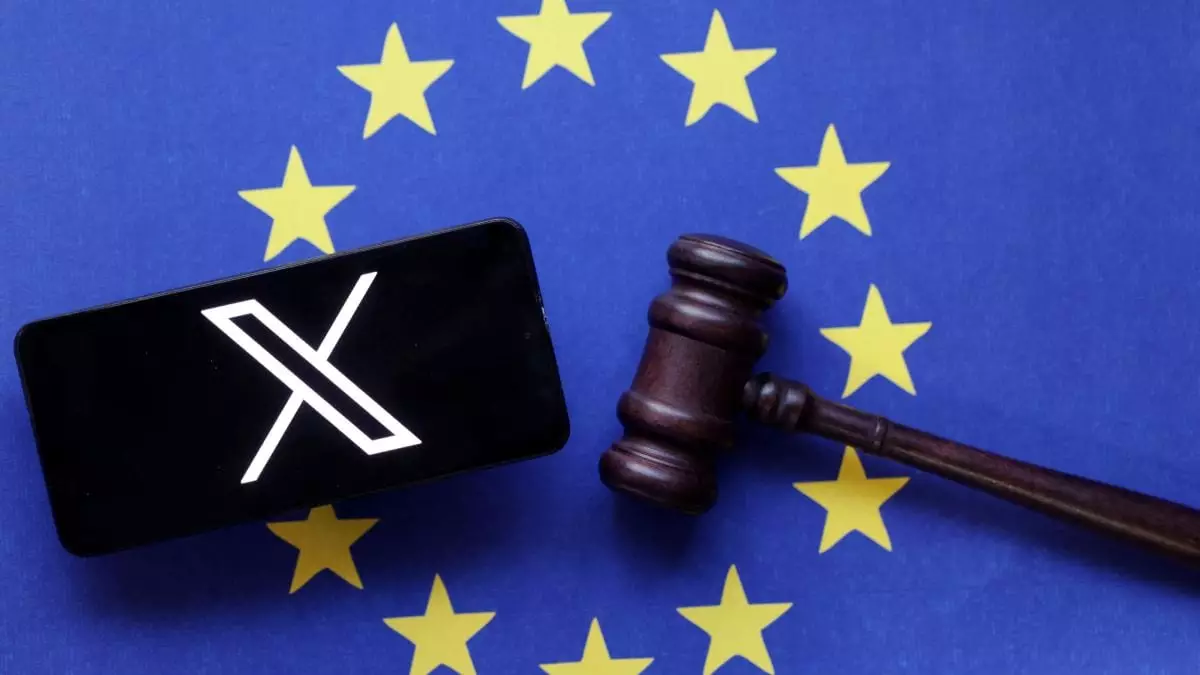In recent months, the European Union (EU) has ramped up its scrutiny of the social media platform X, owned by tech billionaire Elon Musk. The focus intensified following the launch of a formal investigation into the platform’s compliance with the EU’s Digital Services Act (DSA). As governments around the world grapple with the implications of digital platforms on democracy and public discourse, the EU’s efforts represent an important junction of technology, law, and international relations.
The European Commission, led by Executive Vice President Henna Virkkunen, has raised significant concerns over X’s approach to content moderation. Specifically, the commission’s investigation began in December 2023, following accusations that the platform not only failed to effectively manage illegal content but also struggled with issues of disinformation. Accusations further extend to possible breaches in the obligations related to transparency and deceptive practices, crucial components of the DSA aimed at ensuring user safety and information integrity.
This investigation is of utmost importance, as the outcomes could set a precedent for how similar platforms operate within the EU. The DSA aims to hold companies accountable for the content disseminated through their platforms, pushing them to adopt more rigorous moderation policies. If found in violation, X faces potential penalties amounting to six percent of its global annual revenue, underscoring the serious consequences at stake.
The situation gained further complexity with Elon Musk’s involvement in political dynamics, particularly with his endorsements of far-right personalities ahead of Germany’s snap elections slated for February 23. Notably, a live-streamed conversation involving Musk and Alice Weidel, a candidate from the Alternative for Germany party, has been under scrutiny to determine if it provided unfair advantages through boosted visibility. This pivotal moment raises critical questions about the intersection of technology use and political campaigning that could influence electoral outcomes.
The EU’s investigation not only highlights the need for effective content moderation but also indicates a heightened awareness of the potentially manipulative capacities of social media platforms in the political arena. In light of this, there is increasing apprehension regarding foreign interference in electoral processes, an issue magnified by previous allegations of Russian involvement in Eastern European elections.
The Influence of Big Tech and Domestic Politics
As the situation evolves, it has become apparent that Musk’s position is entwined with broader political discussions in the US, particularly with the recent election of Donald Trump as President. Musk’s criticism of EU regulations on X has led to confrontations with European leaders, leaving many to speculate on the potential impact of new US policies under Trump’s administration on the EU’s regulatory approach. Notably, Trump’s alignment with prominent figures in Big Tech, including Musk himself, poses a significant counterweight to EU’s ambitions of enforcing stricter regulations on digital platforms.
The lobbying efforts from Big Tech, urging a protective stance against European fines, have placed the EU in a precarious position. Mark Zuckerberg’s comparison of EU penalties to tariffs raises fundamental questions regarding international relations and governance in the digital age. Should the EU hold the line on its regulations or succumb to pressure from the American tech giants? How these questions are answered may well dictate the future landscape of global digital governance.
Concluding Thoughts: The Future of Digital Regulation
As digital platforms like X continue to evolve, the challenge faced by regulators becomes increasingly complex. The ongoing investigation into Musk’s social network encapsulates broader concerns regarding transparency, political influence, and the responsibilities of tech companies in policing their platforms. The EU’s tenacity in pursuing accountability may serve as a model for other nations facing similar dilemmas.
With elections and political rhetoric intensifying, it remains to be seen how effectively the EU can navigate the turbulent waters of digital regulation amid changing tides in American politics. Ultimately, the outcome of X’s scrutiny under the DSA and the EU’s efforts may significantly instruct how future technological platforms engage with the complex interplay of democracy, governance, and digital freedom.

